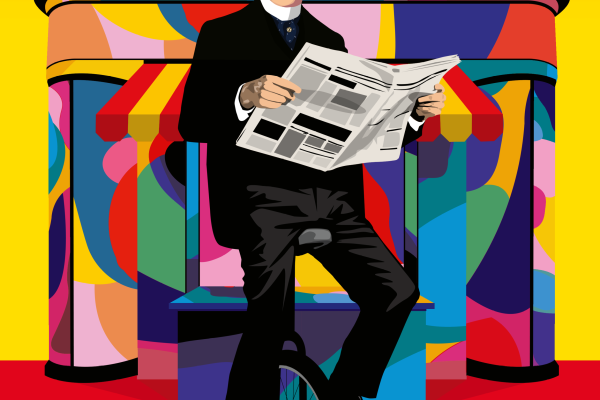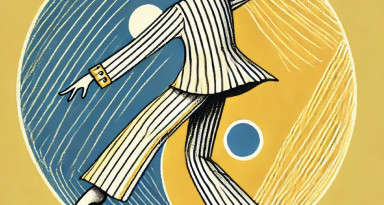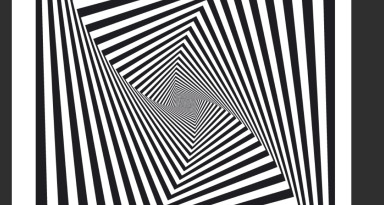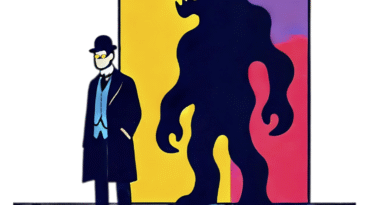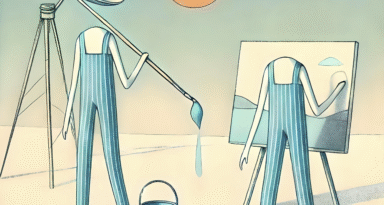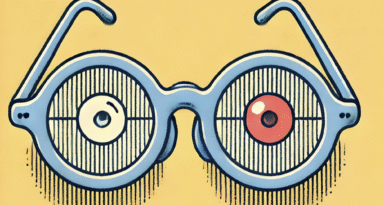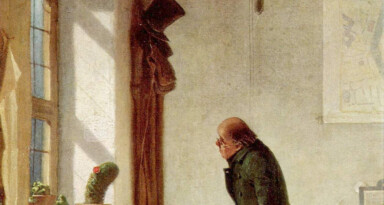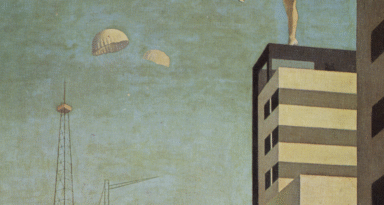The 24/7 news cycle serves up novelty each and every minute, filling our minds with information that would otherwise be inaccessible for us. Here’s what thinkers through the ages thought of the news, at a time when there was only so much of it...
Alfred Harmsworth: "It is part of the business of a newspaper to get news and to print it; it is part of the business of a politician to prevent certain news being printed. For this reason the politician often takes a newspaper into his confidence for the mere purpose of preventing the publication of the news he deems objectionable to his interests."
Mahatma Gandhi: "One of the objects of a newspaper is to understand popular feeling and to give expression to it; another is to arouse among the people certain desirable sentiments; and the third is fearlessly to expose popular defects."
Henry David Thoreau: "Not without a slight shudder at the danger, I often perceive how near I had come to admitting into my mind the details of some trivial affair, – the news of the street; and I am astonished to observe how willing men are to lumber their minds with such rubbish, – to permit idle rumours and incidents of the most insignificant kind to intrude on ground which should be sacred to thought. Shall the mind be a public arena, where the affairs of the street and the gossip of the tea-table chiefly are discussed? Or shall it be a quarter of heaven itself, – an hypæthral temple, consecrated to the service of the gods? I find it so difficult to dispose of the few facts which to me are significant, that I hesitate to burden my attention with those which are insignificant, which only a divine mind could illustrate. "
Friedrich Nietzsche: "That which Heraclitus avoided, however, is still the same at that which we shun today: the noise and democratic chatter of the Ephesians, their politics, their latest news of the “Empire”… their market business of “today” – for we philosophers need to be spared one thing above all: everything to do with “today”. We reverence what is still, cold, noble, distant, past, and in general everything in the face of which the soul does not have to defend itself and wrap itself up."
Thomas Jefferson: "Nothing can now be believed which is seen in a newspaper. Truth itself becomes suspicious by being put into that polluted vehicle. . . I will add, that the man who never looks into a newspaper is better informed than he who reads them; inasmuch as he who knows nothing is nearer to truth than he whose mind is filled with falsehoods and errors."
From the 'Novelty' edition of New Philosopher, available here

